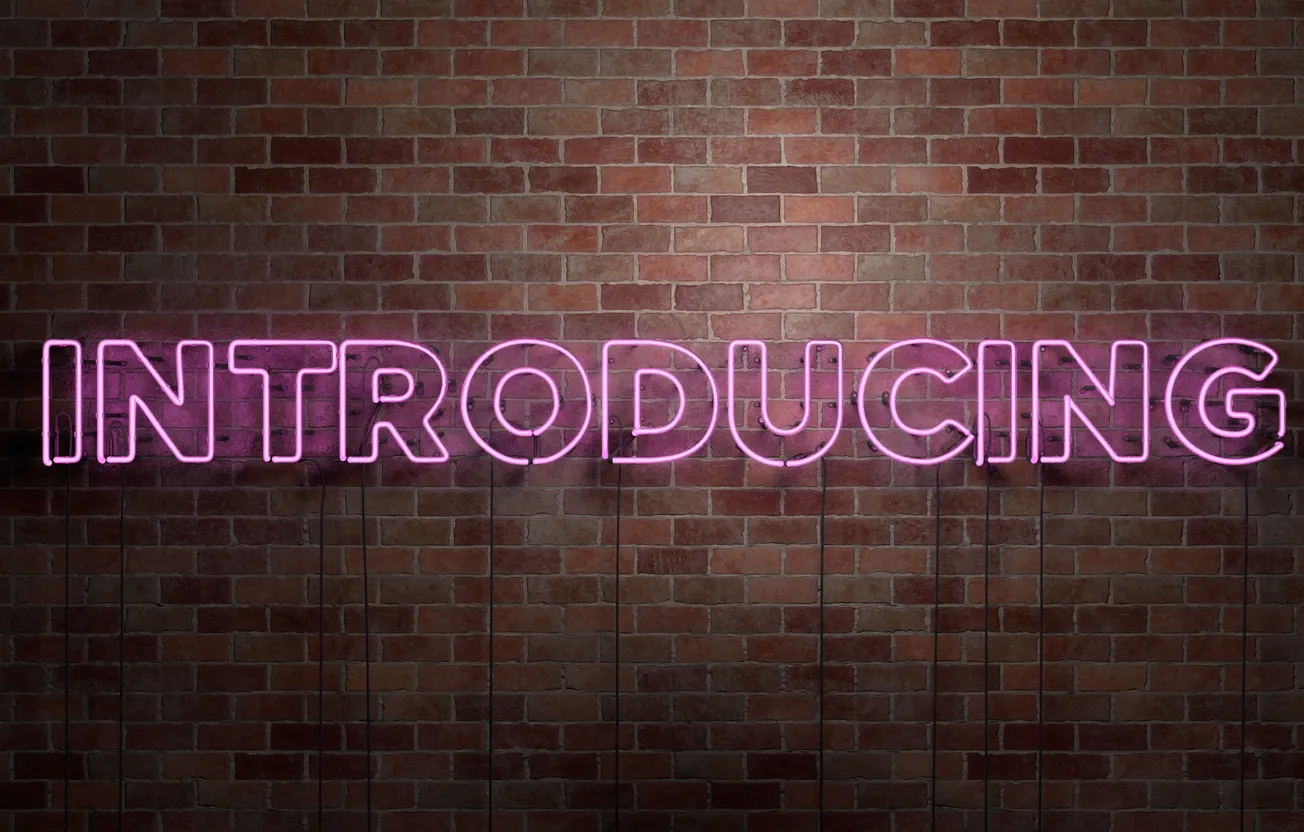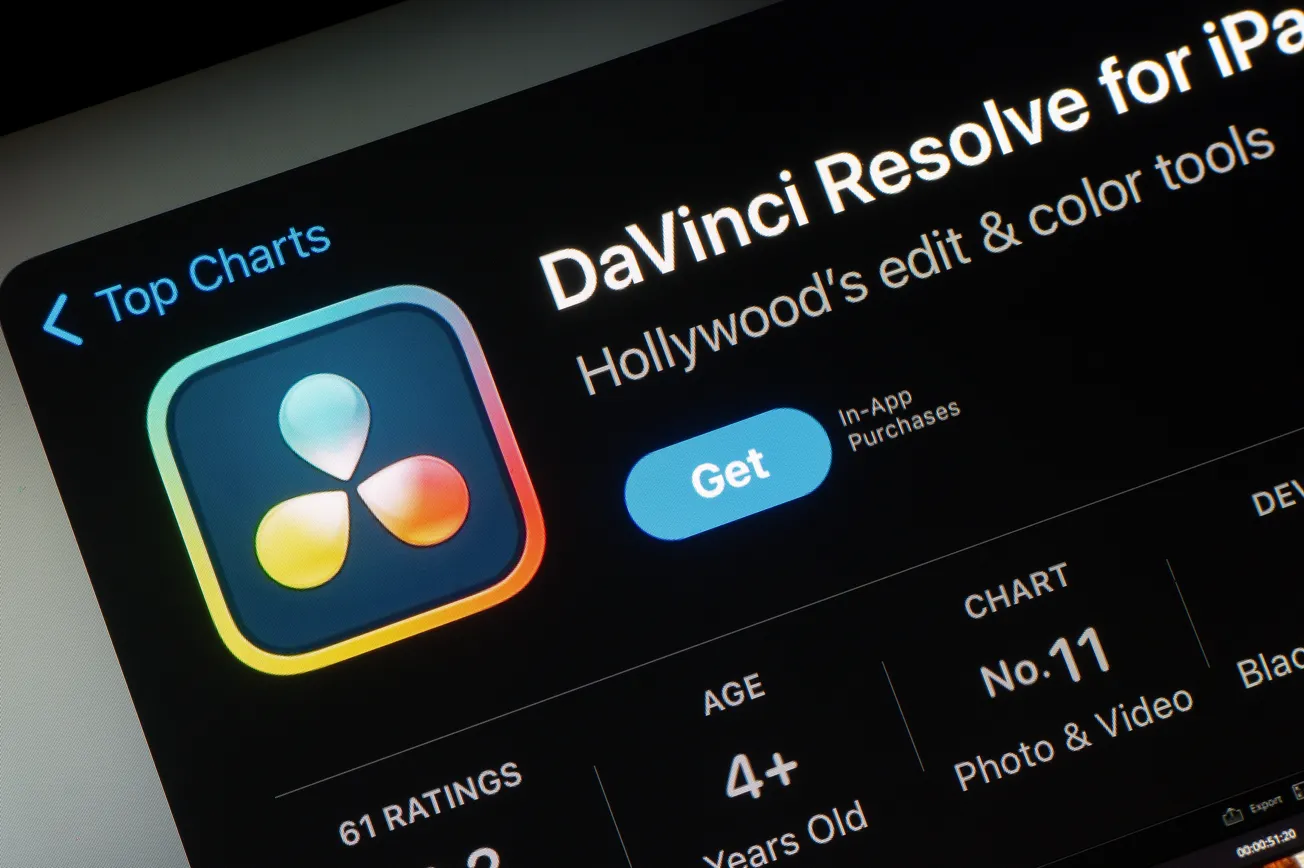Podcasting, once a niche medium, has transformed into a central part of modern media consumption. Its intimate format fosters connections that are often deeply personal, with listeners forming emotional, one-sided bonds with podcast hosts.
These connections, referred to as parasocial relationships, are shaping not only how audiences interact with content but also the business of podcasting itself.
For listeners, this relationship can offer comfort and companionship. For creators, it brings challenges and opportunities, raising questions about privacy, boundaries, and the sustainability of such deep engagement.
Parasocial relationships describe the illusion of a personal connection between media personalities and their audiences. This dynamic has long been present in television and radio, but it has found fertile ground in podcasting.
Podcasts often feature conversational tones, extended runtimes, and personal anecdotes, all of which create a sense of authenticity. For listeners, this can feel like sitting down with a trusted friend.
Unlike traditional media, podcasts are consumed in deeply personal spaces. Whether on a morning jog, during a long commute, or while relaxing at home, listeners invite hosts into their daily routines.
This solitary yet engaging nature fosters a unique bond, making podcast hosts feel like confidants or mentors. Over time, the regularity of episodes and the intimate nature of the content deepen this sense of familiarity.
Many listeners begin to feel they know the host personally, despite the one-sided nature of the relationship.
The Listener Experience
Listeners often describe podcasts as a source of companionship, especially during moments of solitude. For those feeling lonely or isolated, the consistent voice of a host can be comforting. Hosts who share personal stories or delve into vulnerable topics can create a sense of emotional support, helping listeners feel understood and less alone in their experiences.
This connection also fosters a sense of belonging. Podcasts that cater to niche interests, such as mental health, sports analysis, or hobbyist communities, allow listeners to feel part of a larger, like-minded group.
For individuals who might not find such communities in their daily lives, this digital belonging can be empowering. Some listeners even see podcast hosts as role models or guides, aligning their own values or aspirations with those of their favorite creators.
Yet, these benefits come with potential drawbacks. For some, the reliance on parasocial relationships can unintentionally replace real-world connections. Over time, this can lead to feelings of isolation, as the interactions listeners have with hosts lack the reciprocity of actual friendships.
Others may develop unrealistic expectations for real-life relationships, holding friends or partners to the idealized standards of a podcast host. These challenges underline the complex nature of these connections, which blend emotional depth with one-sided dynamics.
The Creator’s Perspective
For podcast hosts, the development of parasocial relationships with their audience is a double-edged sword. On one hand, the intimacy and trust fostered through these bonds create incredibly loyal audiences. Fans of a podcast are not just passive consumers; they are active supporters, recommending episodes, purchasing merchandise, and engaging with hosts on social media.
This loyalty, however, comes with responsibilities. Hosts are often acutely aware of the influence they wield over their listeners, particularly when discussing sensitive topics. A poorly phrased comment or a misstep in tone can have significant repercussions, as devoted audiences are quick to respond to perceived breaches of trust. For creators, this creates a constant balancing act between authenticity and caution.
The personal nature of podcasting also raises challenges around privacy. As listeners feel a deep connection to hosts, some may blur the boundaries between admiration and overfamiliarity.
Hosts report receiving invasive messages or questions about their personal lives, and in extreme cases, even experiencing stalking behavior. For creators, maintaining boundaries becomes essential but can feel at odds with the openness that makes podcasting so engaging.
Another issue is the toll on mental health. Hosts who build their content around personal storytelling often feel the pressure to maintain a consistent and transparent persona. This can lead to burnout, particularly when combined with the demands of content production and audience engagement. The expectation to be constantly available and relatable can be overwhelming, making it difficult to sustain a healthy relationship with their work and their audience.
The Business of Bonding
From a business perspective, parasocial relationships are a goldmine for the podcasting industry. The trust and loyalty that listeners place in hosts make podcasts an attractive platform for advertisers.
Unlike traditional ads, endorsements delivered by podcast hosts are often seen as personal recommendations. This makes them more persuasive and effective, driving significant revenue growth in the industry. Podcast ad revenue in the United States is projected to surpass $2.5 billion by 2025, a figure driven in part by the intimate bond between hosts and their audiences.
Beyond advertising, creators leverage these relationships to expand their revenue streams. Live events, branded merchandise, and subscription services like Patreon are common ways to monetize the deep connection listeners feel. Fans are often willing to pay for additional access or to support their favorite creators directly, viewing these purchases as an extension of their relationship with the host.
However, this business model is not without risks. Over-monetization can alienate audiences, especially when the commercial aspects of a podcast begin to overshadow its authenticity.
Listeners who feel that their trust is being exploited may disengage, damaging the very relationship that drives the podcast’s success. Moreover, as podcasts scale, maintaining the personal touch that fosters parasocial relationships becomes increasingly challenging. Larger audiences can dilute the sense of intimacy, making it harder for creators to engage meaningfully with individual listeners.
Navigating the Challenges
The unique dynamics of podcasting require both listeners and creators to navigate parasocial relationships thoughtfully. For listeners, it’s essential to recognize the one-sided nature of these bonds and ensure they complement, rather than replace, real-world interactions. Developing an awareness of how these relationships shape perceptions and expectations can help maintain a healthy balance.
For creators, setting clear boundaries is crucial. This might mean limiting the amount of personal information shared or establishing firm guidelines for audience interaction. Transparency about monetization strategies and the pressures of content creation can also help manage audience expectations, fostering a relationship built on mutual understanding rather than idealized connection.
A Changing Media Landscape
Podcasting’s ability to foster deep, meaningful connections between listeners and creators is reshaping the media landscape. As traditional forms of media struggle to maintain relevance in an on-demand world, podcasts offer a model that is both intimate and scalable. Yet, the success of this model depends on how well creators and audiences manage the complexities of parasocial relationships.
For listeners, podcasts provide companionship, inspiration, and a sense of belonging. For creators, they offer a platform to build communities, share stories, and sustain livelihoods. The challenge lies in maintaining the authenticity and intimacy that define podcasting, while navigating the pressures of monetization, audience demands, and personal boundaries.
As podcasting continues to evolve, its psychological and interpersonal dynamics will remain at the forefront of its impact. Understanding and embracing these relationships, with all their potential and pitfalls, will be key to shaping the future of the medium.








